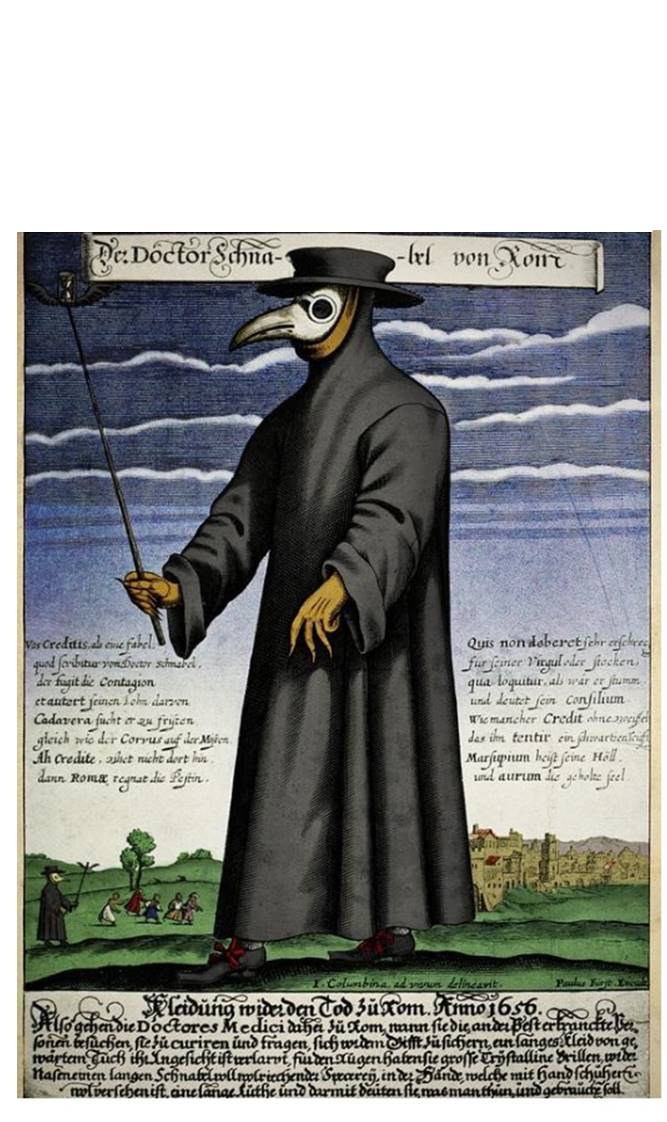Early crocus blooms – Historic Blenheim – The terror of Jersey Island – Progress in restraining malaria – Biden’s first airstrike – Evening statistics
Little purple crocuses with yellow stamens appeared on my lawn yesterday. These are wild, not planted from store-bought bulbs, clustering within the roots of an oak tree that project above the ground. The flowers are of the crocus tommasinianus species, sometimes known as the woodland crocus: one of the earliest to bloom during the late winter/early spring season. The plant originated in the Balkan area of Europe and I suppose it is technically an invasive species, but I am always glad to see this harbinger of spring. After the series of snowfalls we have had a period of mild spring-like days; the moderation in temperatures in combination with the lengthening of the days triggers their emergence.
A historic home in Fairfax has actually been in the headlines today – the headlines for the local area, at any rate. Blenheim (pronounced BLEE-num, unlike its namesake in Oxfordshire), a 19th-century brick farmhouse in the so-called Greek Revival style, was used during the Civil War as part of a hospital reserve system. Many Union soldiers convalesced from wounds or diseases there, and over 100 of them wrote inscriptions on the walls during their stay, sometimes quite extensive ones. I visited the house some years ago, at which time the curators were in the process of removing the paint and wallpaper that subsequent owners had used to cover up the graffiti. At this point the graffiti are being revealed by use of special lighting techniques that can read them while still covered by paint or paper, without having to expose them to chemicals that might injure them and render them indecipherable. Historians are using them to see what they might reveal about living conditions during the Civil War – treating them as a diary of the period, in fact. So perhaps the idea that records such as this one during the COVID epidemic attracting the attention of future historians may not be so far-fetched after all.
A certain animal that has gone feral is terrorizing Jersey, of the Channel Islands: not, as one might expect, pigs, or dogs, or goats, but . . . chickens.
The chickens that have gone wild are, contrary to the usual stereotype, anything but cowardly. Congregating in flocks of 100 or more does appear to given them a boost in self-confidence. They crow lustily at 4:00 AM; they sally forth into gardens and gleefully trash them in their relentless quest for food; they march down the roads, serenely ignoring the automobiles on them, seemingly for the purpose of tying up traffic, they chase after joggers, giving the latter an impetus to increase their speed. It seems probable that initially a few chickens were kept as pets and then abandoned, after which (since Jersey has no foxes or other natural predators) their population increased geometrically and they now number in the thousands. Whoever came up with the concept of “free-range chicken” could not possibly have anticipated a situation like this one.
Not all of the news from the WHO is gloomy, even in the midst of a pandemic. Today it announced that El Salvador has eliminated malaria, the 38th country to do so and the first one in Central America. Malaria has been eliminated in much of North America (including the Caribbean nations) outside of the Central American nations, most of Europe, a good number of the island nations in the Pacific, and a few South American, African, and Asian nations. It is still a far-ranging and relentless disease; in 2018 it infected 228 million people and killed an estimated 405,000. But if it can be eliminated in a country with a climate such as El Salvador’s (i.e., one that is hospitable to mosquitos that carry the disease) then there is hope that the world at large can become malaria-free eventually. Similar developments have occurred in the past. Just a couple of generations ago polio was a deadly scourge, and now it has been eliminated from all except a handful of small isolated areas.
Biden has ordered airstrikes against multiple facilities at a Syrian-Iraqi border control point in southeastern Syria in retaliation for rocket attacks on U.S. targets in neighboring Iraq. The Pentagon identified the targets as a several Iranian-backed militant groups including Kataib Hezbollah and Kataib Sayyid al-Shuhada. Again, this policy runs contrary to what his opponents were predicting during the election: he is not being unresponsive to provocations from Iran. It will be perceived that these notes, in common with those from many observers, discuss Biden’s activities much more dispassionately than those of his predecessor. Some of Biden’s actions I support; others I question; but in all cases I can understand the policy that drives them and I can believe that he is motivated by what he thinks to be best for the nation, as opposed to motives of sheer self-aggrandizement.
Today’s statistics as of 8:00 PM – # of cases worldwide: 113,962,373; # of deaths worldwide: 2,528,115; # of cases U.S.: 29,130,841; # of deaths; U.S.: 522,875.
